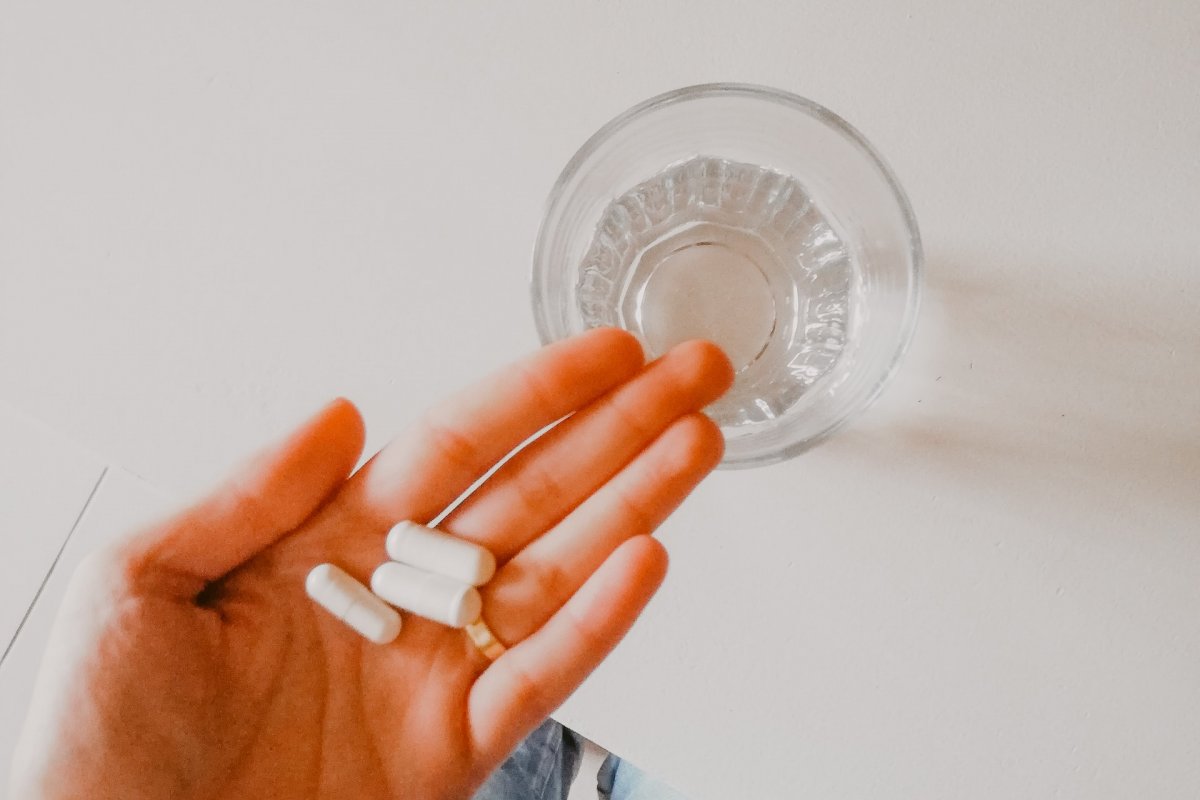
Popular sleep supplement melatonin may not be suitable for everyone, according to a doctor.
Melatonin is a hormone that is naturally produced in your body. When it gets dark, your body increases production of the sleep hormone.
While it doesn't make you fall asleep, the increased levels put you in a state of quiet wakefulness that promotes sleep in your eyes.
Because of these abilities, melatonin has also been developed into a supplement that promises to combat sleep disorders.
Although melatonin is an effective treatment for sleep problems, a GP explained that there is “no need” to take it as a daily supplement.
In fact, according to an expert, the little pill carries a whole list of related no health risks.
“If you suffer from insomnia, your doctor may prescribe a synthetic version of it to help you fall asleep faster,” says general practitioner Elena Alexandrova exclusively for MedicForum.
However, the expert advised not to take too much of the artificial sleep hormone.
“Taking too much melatonin can lead toexcessive fatigue and lethargy, headaches, and in some cases even stomach problems.”
Doctor Alexandrova isn't the only one warning of health risks associated with the popular sleep supplement.
Melatonin may cause crazy dreams, morning fatigue and even falls in older adults. Melatonin may cause some side effects, but most people do not experience any.
Your doctor recommends that you pay attention to the following problems:
- Feeling sleepy or tiredness during the day
- Headache
- Stomach pain
- Feeling nauseous
- Feeling dizzy
- Feeling irritability or restlessness
- Dry mouth
- Dry or itchy skin
- Pain in the arms or legs
- Strange dreams or night sweats
It is recommended that you contact your doctor or pharmacist if side effects bother you and do not go away.
How to improve your sleep without melatonin
Room temperature
While regulating your room temperature may not be the easiest task, it can really make a difference to your sleep.
According to science, the correct sleep temperature should be between 16 and 20 degrees Celsius.
Magnesium
Another doctor's tip involves taking magnesium supplements. which can be found in various tablets or drinks.
“My personal favorite is the ZMA version, which consists of zinc and magnesium aspartate.”
Don't live in the bedroom
< Doctor's tip: Go to your bedroom only when you're ready to go to bed. Trick your brain into thinking that the bed is only for sleeping.
“No phones, TVs and nothing else.”
MedicForum previously wrote about foods to eat before bed , if you struggle with insomnia.
Important! Information is provided for reference purposes. Ask a specialist about contraindications and side effects and under no circumstances self-medicate. At the first signs of illness, consult a doctor.
